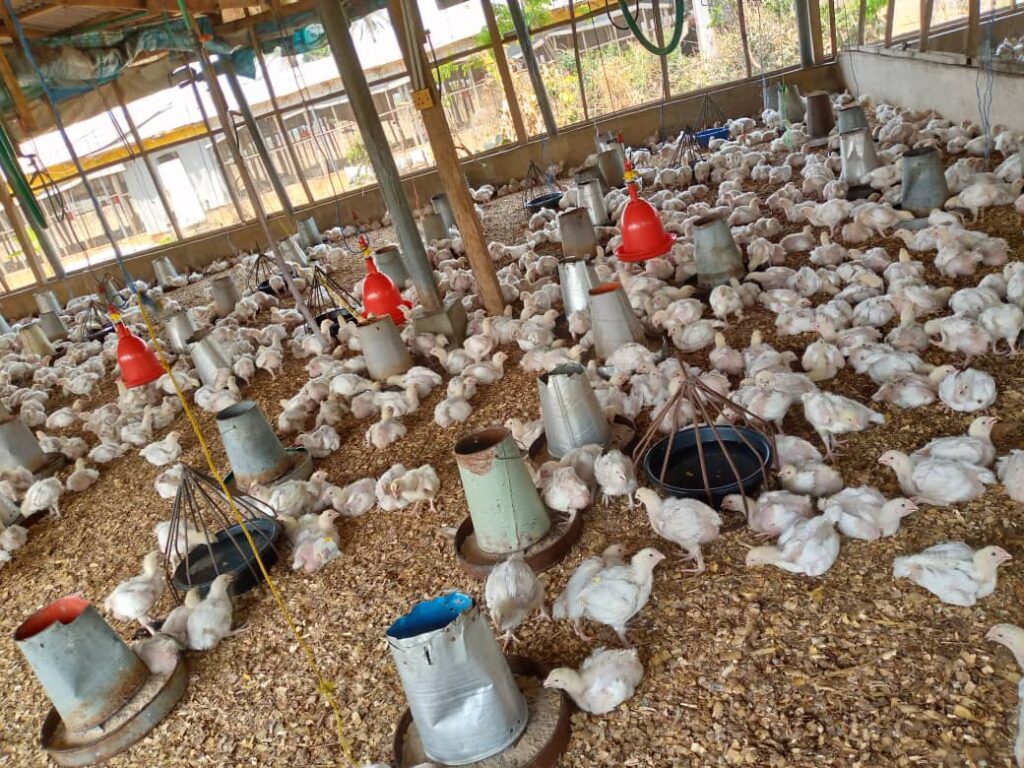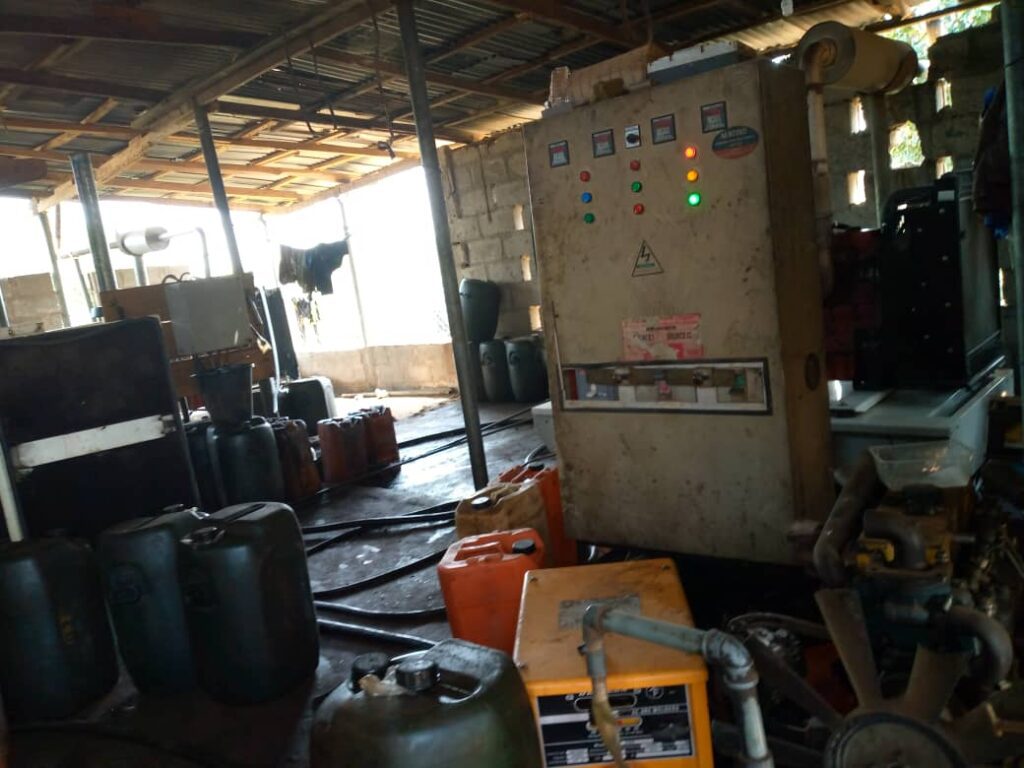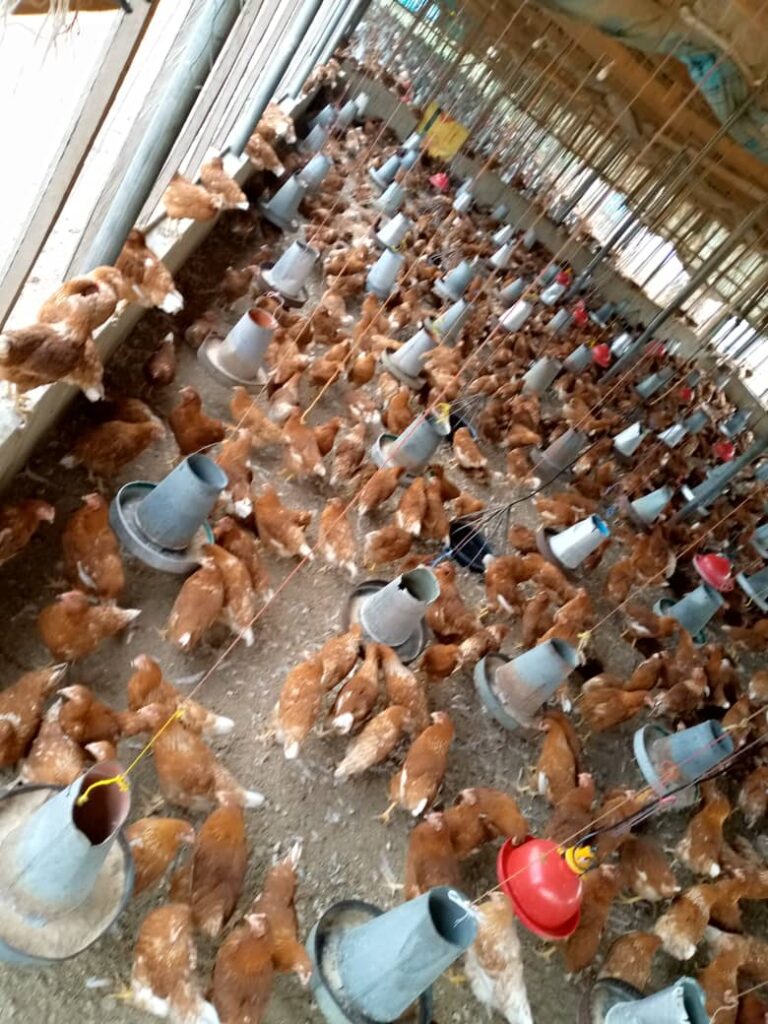By Omolola Pedro
Fuel scarcity, which commenced about two years ago, when the Federal Government first announced its decision to remove fuel subsidy has, however, taken a new turn in recent times.
In the few weeks, the country has yet again, witnessing another episode of the scarcity of fossil fuel across the country with prices doubling the original prices and in some cases, tripling. Nationwide, fuel sells for N300-N600 per litre, depending on the location or how generous the seller is.
However, a fascinating discovery is that even with the huge price increase, it is still not available for sale or use. The scarcity of fuel has been accompanied with long queues under the scorching sun at fueling stations, parking of cars for more than one day to ensure getting fuel earlier than others, as many persons have lamented bitterly that “it has never been this bad”.
This has stifled the economy and losses have been recounted by various groups of the working class community, particularly entrepreneurs, and this does not leave out those in the agriculture sector.
Findings by FarmingFarmersFarms show that, farmers and produce sellers have been adversely affected by the sudden scarcity of fuel and even the hike in price. When Michael Adewale resumed business activities for the New Year in January 2023, he never had it in his plans to record huge loss of customers, income, and even farm produce, as a result of circumstances beyond his control.


Michael, a poultry farmer based in Ekiti, rears chickens in large quantity for commercial purposes, and supplies to wholesalers and retailers, who in turn, sell to their final consumers. He boasts of really good sales from his business, while explaining how poultry farming had helped him to sustain himself, co-workers and family members.
However, things began to take a new turn when he wanted to purchase a new batch of feeds and medicine for his birds. According to Michael, transportation of medicine and injections for birds from his supplier at Lagos to his Ekiti farm suddenly went up from N3,000 to N10,000, a bag of feed, which earlier sold for N7,500 also increased to N10,500. Little did Michael know, that the worse was to come. He began to record huge losses from his business, when he could not get fuel to power his generator on his farm.


On different occasions, they found dead birds littered around the farm premises. This is because of the lack of enough illumination to be able to inspect the farm carefully and to detect which bird needs attention, or to power the deep freezer that helps them to sell frozen chicken. The situation grew worse when he effected a change in the price of produce as a result of the increase in the cost of feeds and medicine, and he began to witness a decrease in sales.
“The sales reduced drastically because majority of the customers are complaining on the fuel scarcity. Those that have their own means of conveying their goods don’t see fuel and complaining about the inflation on the products (eggs and chicken) we are selling based on what we also are buying”.
Sooner than expected, the farm started to record high quantity of chicken that began to get spoilt, as there was no means of freezing anymore.
The farm was left with no choice other than to begin to sell at a very discounted price of N500 against the original N1,200, to curtail the degree of loss. “Since the fuel scarcity and inflation in the price, we reduced the hours we put on the generator. Before fuel scarcity, it’s 24-hour power, but now, we put on the generator by 5am to feed the birds and to pump water in the morning, then switch it off by 8am till evening around 4pm and we put it off by 5.30pm. Now, we detected that some of the chickens want to start spoiling. So we reduced the price to N500 from N1,200 to reduce our losses”.


According to an official of the sales department of the farm, before the fuel scarcity crisis broke out, the farm records a weekly income of one million naira, which has now been reduced to about 600-700 thousand naira, recording a drop of about N300,000- N400,000 in their weekly sales.
The experience is not entirely different for Aretola Oluwatosin, the Team Lead at Agric Learner. Tosin is a 400-level student in the Department of Agricultural Economics at the University of Abuja, Federal Capital Territory with great passion for agriculture, particularly, sales of agricultural produce. Tosin, who is a soil-less farmer, bemoans how the unavailability of fuel has cut short the lives of his plants and even destroyed his produce.
“We use generator to pump water for irrigation. Since fuel scarcity started, it’s been difficult to get fuel to switch on the generator, so that we can pump water for irrigation. Our plants sometimes dry up”, he informed.
He also identified how there have been a huge increase in the sale of fertilizers, pesticides, and other farm implements, saying the cost of conveying fertilizers is now on the rise. As a garden farmer, we need pesticides a lot for our plants and produce. The cost of transportation is even sometimes higher than the cost of the materials, themselves.
“It is also affecting our sales, because our customers do not want to understand that there have to be changes in the prices of produce. They want us to sell for old prices, when we’re also suffering inflation”, adding that even in cases where there are buyers, who are willing to buy at the prices given, it’s difficult to transport themselves to the farm to get their goods.
He, however, appealed to the government to bring an end to the lingering fuel scarcity, to avoid looming food insecurity, and an increase in unemployment rate.
“The government should find a way to resolve this crisis, as early as possible. If we want to ensure that the rate of unemployment drops, and we want to eradicate poverty. The government should step into the situation and tackle it before the country suffers food insecurity”, he added.
Furthermore, there has been clamour for the involvement of youths in agriculture, but the current crisis is discouraging many youths like him and even younger ones, to develop interest in agriculture by making a career from it, he stated.
Speaking with FarmingFarmersFarms in an interview, Prof. Olusiji Sowande, a Professor of Ruminant Animal Production in the Department of Animal Production and Health, College of Animal Science and Livestock Production (COLANIM) at the Federal University of Agriculture, Abeokuta (FUNAAB), Nigeria, said that the prevailing fuel crisis in the country had weakened the economy and as such, would be an obstacle to the government’s aim of realising food security.
He noted that the government seems to be unconcerned about the travails of farmers and the eventual effect it would have on employment rate, and agricultural productivity in the country.
“Fuel scarcity affects production and conveyance of farm produce. Once there’s scarcity, to get fuel to power farms would require spending more money, and it increases the cost of production and consumers would be the ones to bear it. This way, food items would become scarce and that is, if available at all”. Speaking further, he said that the only solution is for farmers, outside the provision or intervention of the government, to move away from the use of fossil fuel and look into other alternatives like embracing energy and power production.
“Since the government is not acting like they are concerned, farmers can begin to look at other alternative ways like making use of the green energy like solar power systems while wind energy can be used to generate electricity and the likes”.
He, however, noted that this is not feasible for a long term plan, as not all farmers can afford it, but can only serve as alternatives when scarcity of fuel resurfaces.



